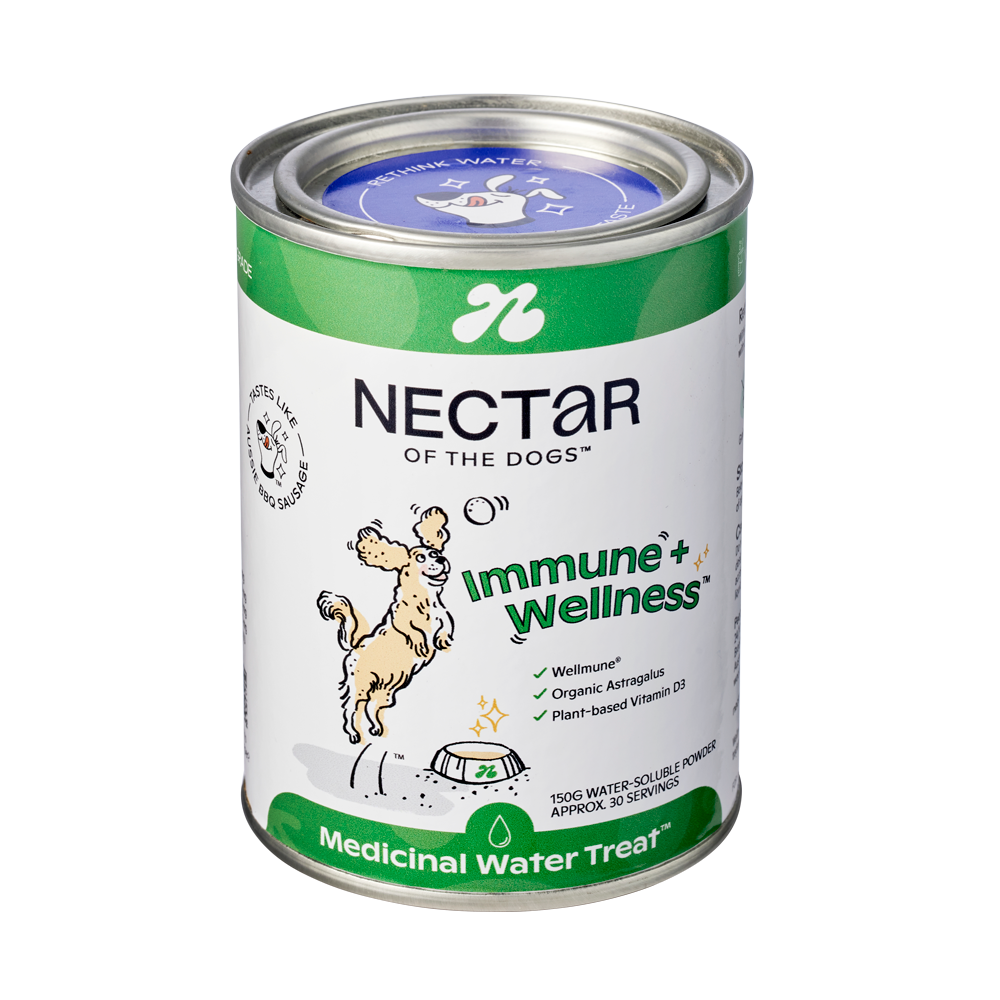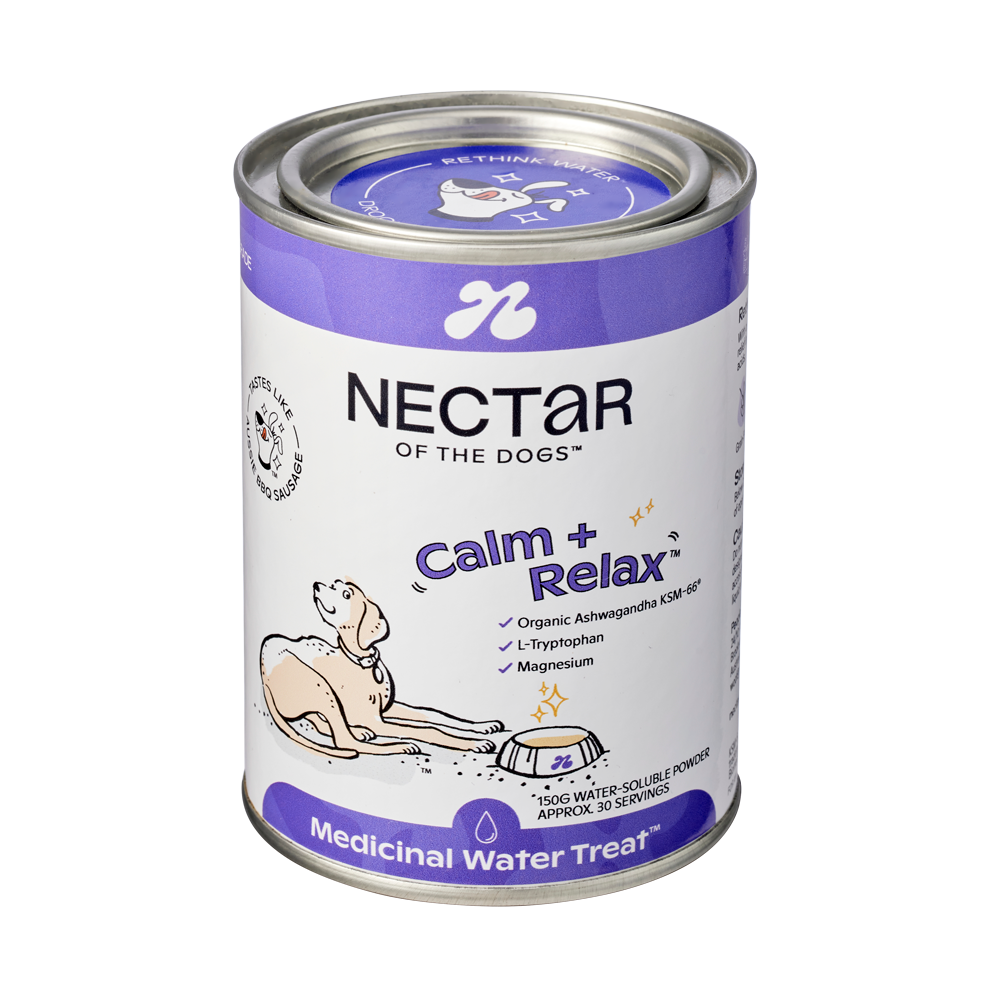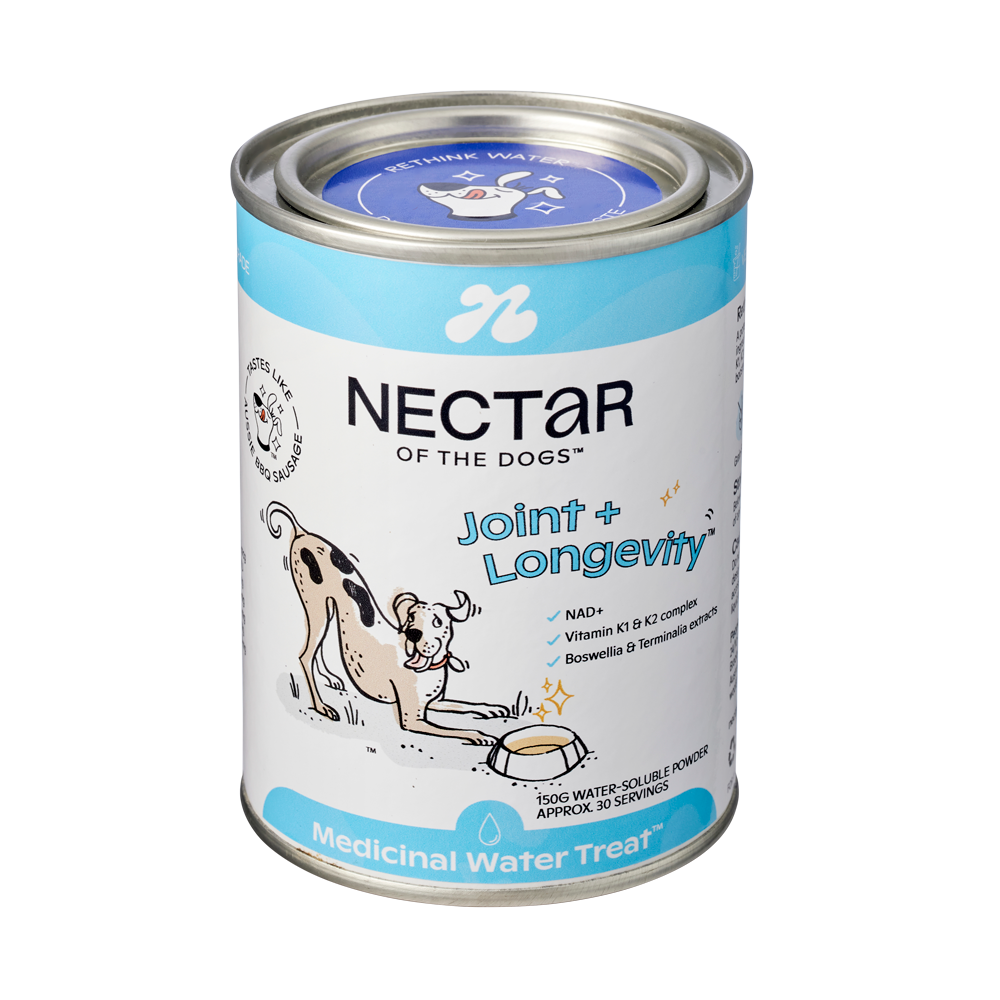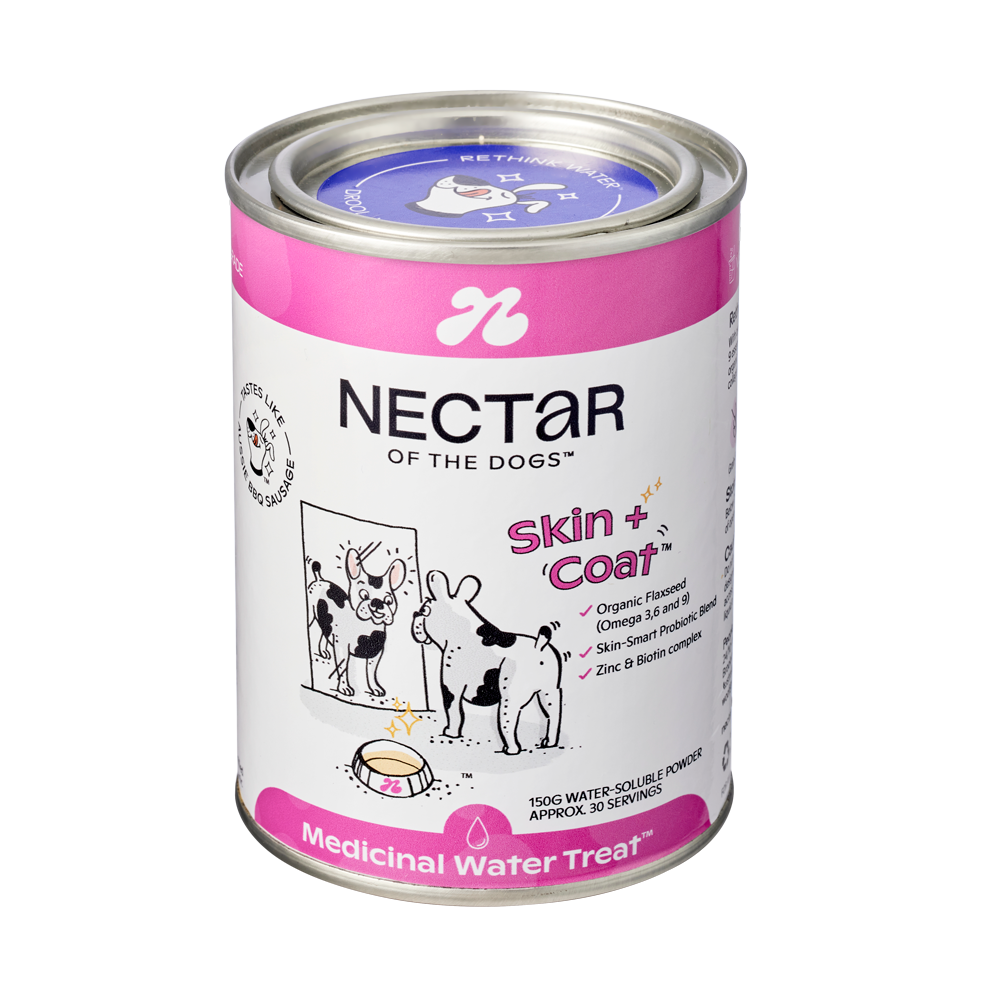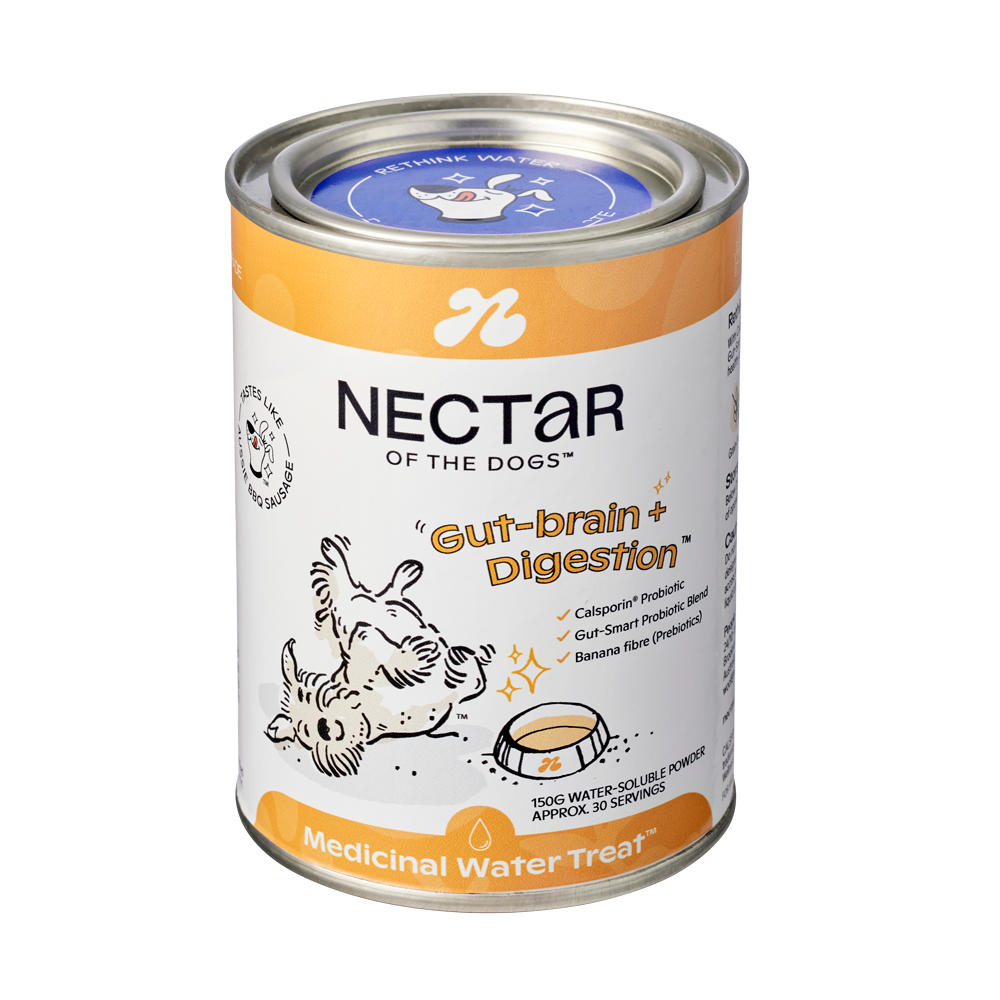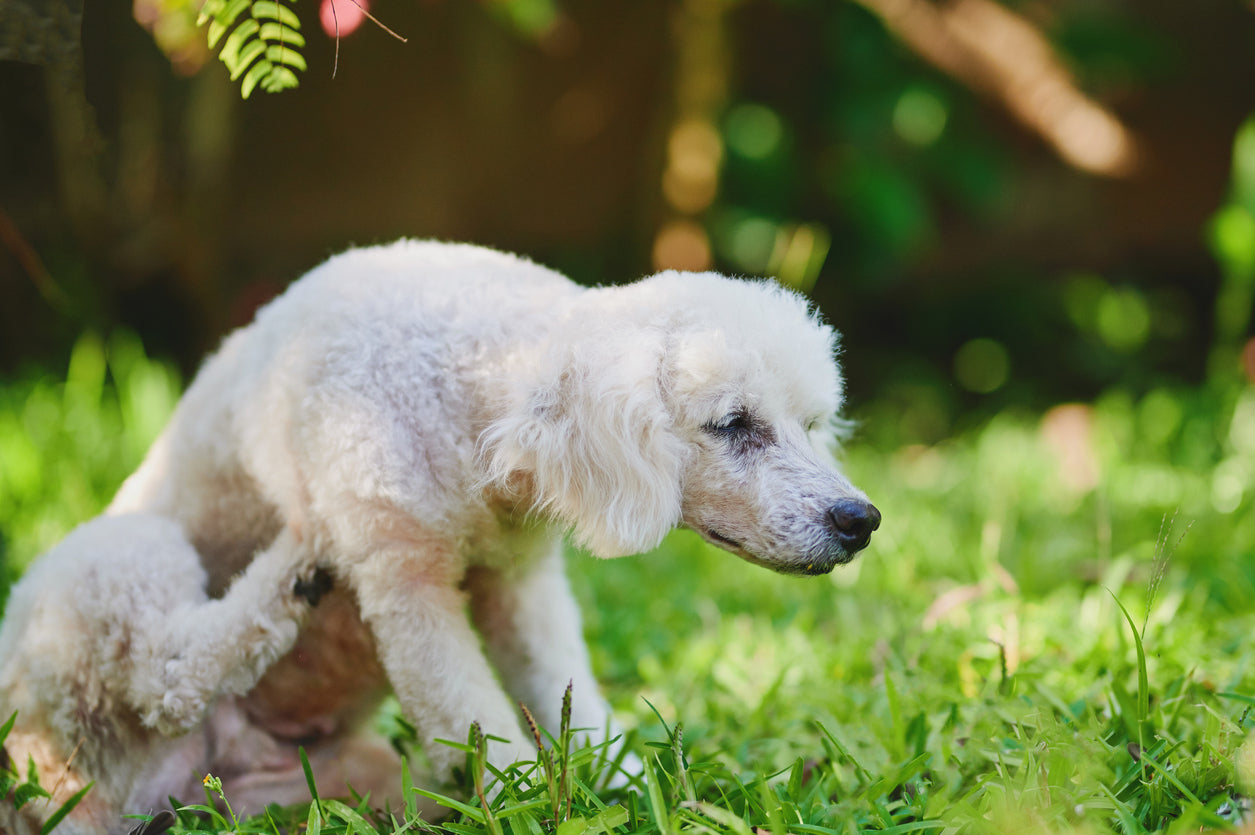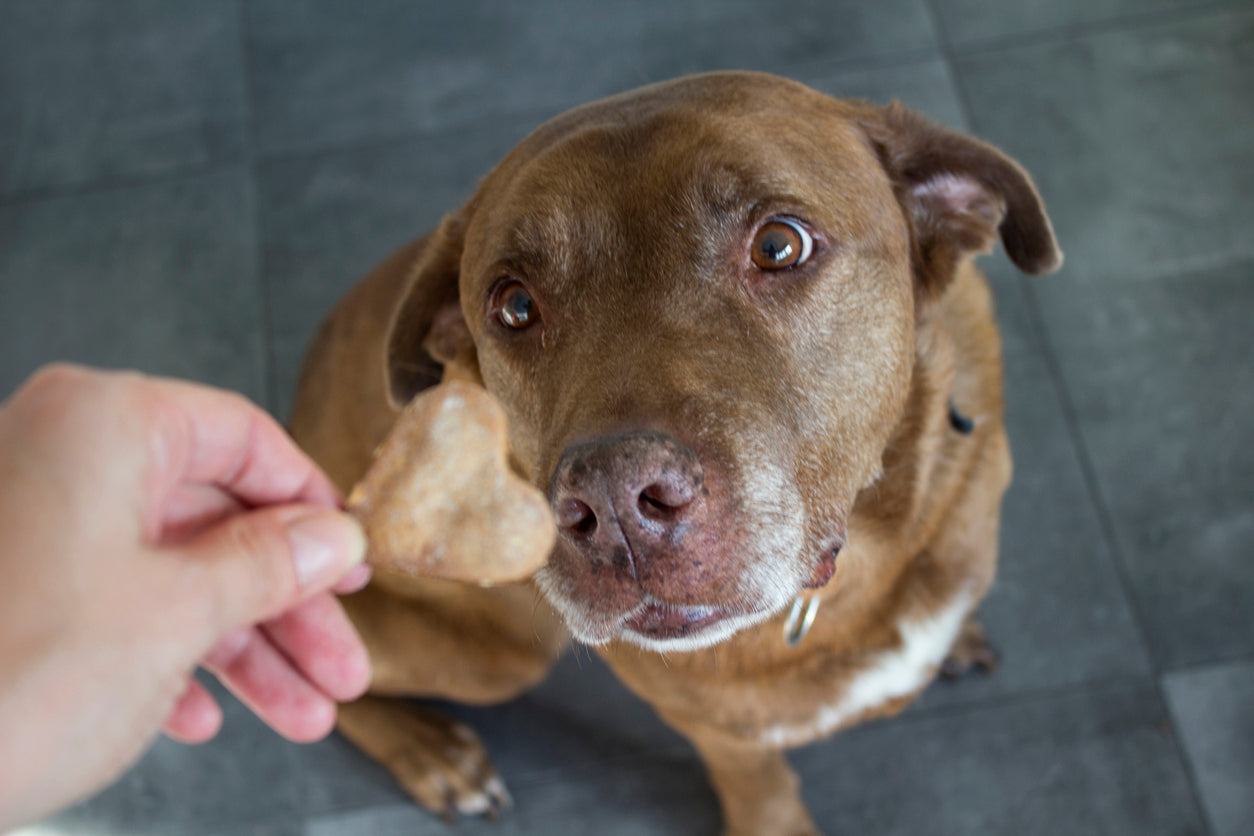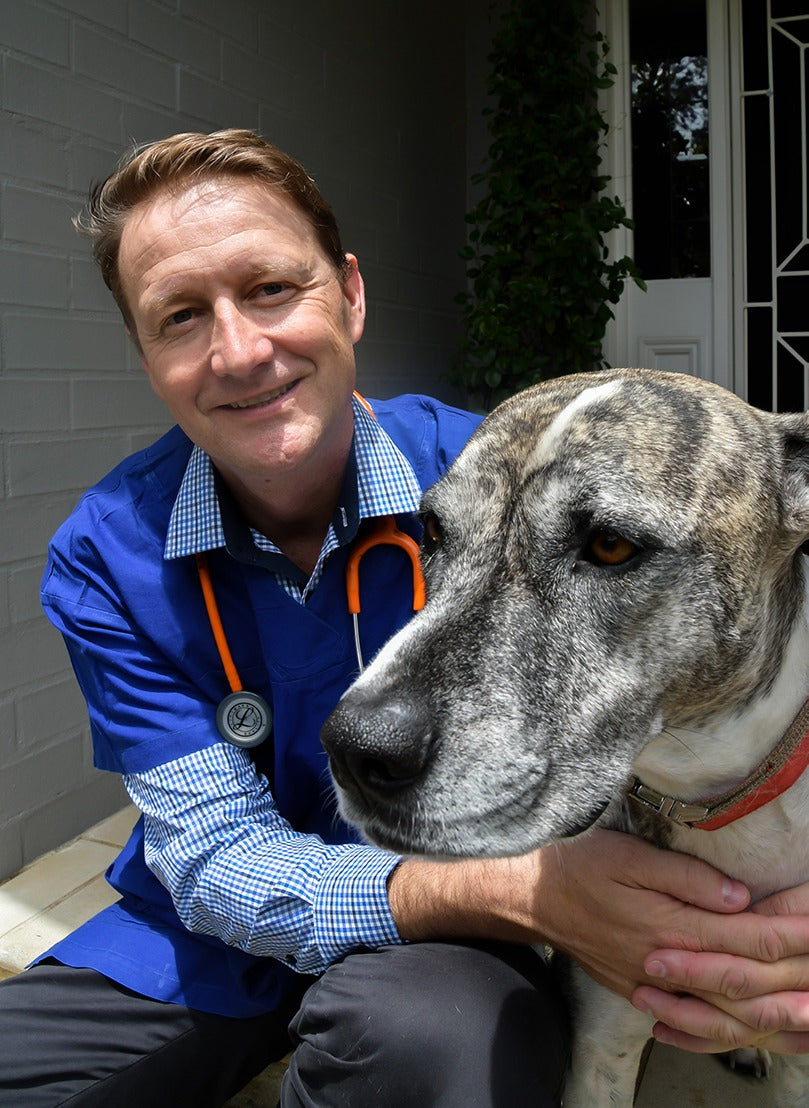A guide to Probiotics, Prebiotics and Postbiotics for Dogs
Why probiotics are important for dogs
You’ve probably heard that probiotics for dogs are the next big thing in pet care. But for most of us, the terms probiotics, prebiotics and postbiotics are confusing even on a human level.
The key thing to know is that just like the human gut, your dog’s microbiome is made of trillions of bacteria that play an important role in digestion, nutrient absorption, mood, skin health and immune system function.
Probiotics, prebiotics and postbiotics work together to establish and maintain a healthy and balanced microbiome allowing the good bacteria to flourish. This in turn decreases the likelihood of diseases associated with poor gut health (it might surprise you to learn there are a few).
Gut bacteria populations play a key role in your dog’s overall health, so it's no surprise that the foods and supplements you put into their body can have a significant impact on their wellbeing.
But what exactly are all these “biotics” for dogs? Let’s get into it.

Probiotics, prebiotics and postbiotics: a run down
Get to know these gut-healthy microorganisms that can support your dog’s overall health.
- Probiotics are live beneficial bacteria that can be found in food and dietary supplements. These organisms provide numerous health benefits as they help the gut ferment and breakdown food which strengthens the gut barrier against infection and provides antibacterial, immune modulating and anti-inflammatory properties.
- Prebiotics are foods that help beneficial bacteria in the gut grow, survive and function. When good bacteria ferment prebiotics, they produce short-chain fatty acids which help nourish the cells that line the gut, protect the gut and allow the good bacteria to dominate, providing health benefits to the dog.
- Postbiotics aren’t alive like probiotics, rather they are the chemical compounds that exist as a product of digestion but are now being found to be equally as important in protecting the gut. They are basically the by-product of the fermentation process carried out by probiotics in the gut. When probiotics feed on prebiotics, postbiotics are produced. The colon in both dogs and humans is lined with a mucus which is stimulated to grow thanks to postbiotics.
What kinds of foods are probiotics, prebiotics and postbiotics?
When it comes to humans, there is a whole list of things you can eat to support gut function. For dogs, that list is significantly smaller which is why many pet parents may decide to supplement their pet’s nutrition to access these great benefits.
The Benefits Of Probiotics, Prebiotics and Postbiotics for dogs
In both humans and dogs, probiotics, prebiotics and postbiotics aid the digestion process. They support the gut microbiome in fermenting and digesting food and help provide a balance of good bacteria in the intestinal microbiota.
An imbalance in the intestinal microbiota can lead to the development of several diseases such as leaky gut syndrome (Dysbiosis), poor nutrient absorption, behavioural issues, allergies and dermatitis, digestion issues (bloating, diarrhoea, gas…) therefore the use of probiotics, prebiotics and postbiotics may help lower the risk these issues.
Probiotics, Prebiotics and Postbiotics help with:
Digestion
Probiotics are live microorganisms that are essential for optimum digestion. They become tailored to the foods your dog eats, providing the right bacteria to ferment and digest their diet (and effectively absorb nutrients).
Probiotics, postbiotics and prebiotics can lower the chance of indigestion, bloating and gas as well as minimising the risk of diseases associated with poor gut health.
Immunity
Probiotic bacteria help maintain healthy digestive tracts by producing short chain fatty acids (SCFAs) that help make the immune system work more effectively. This keep the immune system strong and helps prevent infections.
Healthy skin
A balanced gut microbiome has been shown to have a positive influence on the skin of the host (dog). Certain types of probiotics can have a direct positive impact on skin allergies, and atopic dermatitis.
Allergies
Allergies are an immune system response to a perceived threat within the body. Probiotics have started to be shown to help dogs with allergies.
Infection prevention
Good gut bacteria helps to regulate bad bacteria in the gut. The bacteria that is supported when we feed our dogs probiotics protect against gastrointestinal disorders such as colitis and IBD (inflammatory bowel disease).
Mood Support
You may have heard of the term - Gut-Brain Axis. If you have not, you can check out this previous article for more information.
Essentially, the gut and the brain are connected and have a two-way relationship. This means that if the gut is healthy and with a balanced microbiota, it will in turn have positive benefits on the behaviour and mental state of your pup.

Gut supplements for dogs
Many gut supplements for dogs will feature probiotics, however it is important to do your research and ensure you’re buying a product with specific strains that have been researched in dogs.
As different strains of probiotics will act differently in the gut, it is also beneficial to look for products with bacteria diversity (ie. multiple strains). Also, don’t forget to check the “amount” of probiotics (potency) included in the product you buy. Whilst it is not always a case of “the more the better”, it is important to know that the product contains sufficient Colony Forming Units (CFU) to be effective.
We recently discussed how not all supplements are created equally, and this is true of probiotics too.
Look out for ingredients like probiotics, prebiotics, digestive enzymes, fulvic acid and fibre to support your dog’s gut microbiome.
Plus, experience the Nectar difference, by shopping our Gut-Brain + Digestion range.